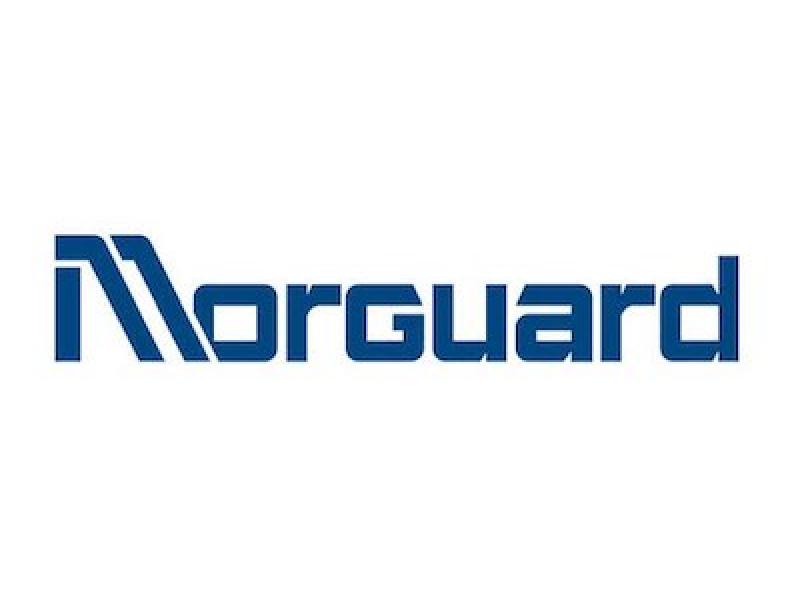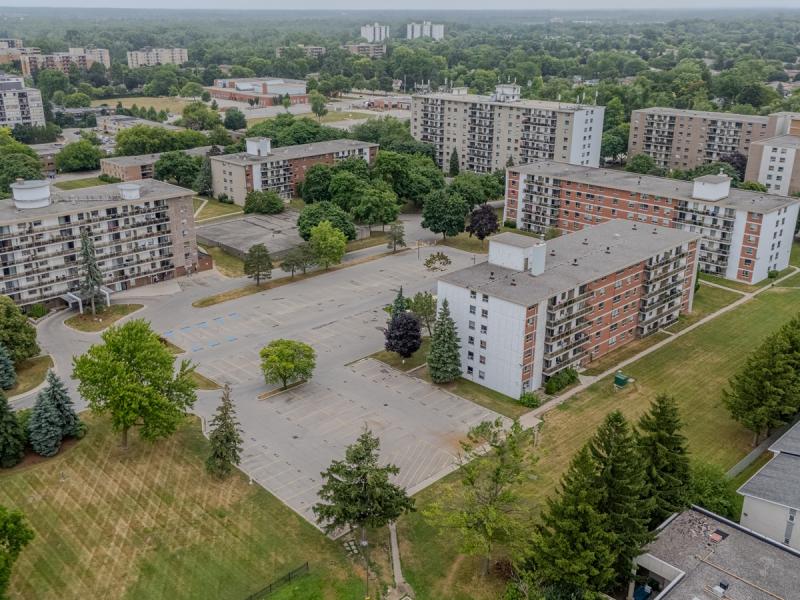This is one of the first questions people ask when their lawyer suggests purchasing title insurance on a transaction.
Traditionally, when a real estate deal closed, the purchaser and lender relied on a lawyer’s opinion letter. An opinion letter is exactly as it sounds: the lawyer opines on whether or not the purchaser is obtaining good and marketable title to the property and whether the lender has a valid and enforceable charge in the expected priority based on numerous searches conducted prior to the closing date.
Turning our minds to the question above —“What more am I getting?” —it’s a very good question and one that some lawyers still struggle with. They will often mention the usual stuff about fraud coverage and quicker closings etc., but there are a lot more benefits to a title insurance policy versus an opinion than you may be aware.
In one of the first articles I wrote in this series entitled Title insurance – more than just “title”, I talked about the reduced due diligence required to issue a title insurance policy. Obviously that leads to time and cost savings, but what about the coverage? The following are just some of the benefits to owners and lenders when they rely on a title insurance policy versus a lawyer’s opinion letter:
CRA super-priority liens
The title insurance policy for lenders covers pre-existing super-priority liens that the Canada Revenue Agency (CRA) claims with respect to various withholdings by borrowers (e.g. EI and CPP premiums, income tax and HST). The moment a borrower withholds or collects these funds, they become “deemed trust” funds in favour of the Government of Canada and that amount takes priority over a mortgage yet to be registered. Once the mortgage is registered it stops the CRA’s priority claim on future amounts (with some important exceptions) but it still loses priority to the amount of the deemed trust in existence at the time the mortgage is registered. Since borrowers are usually collecting HST every day, there will always be some amount that takes priority over a mortgage.
A lawyer’s opinion cannot protect a lender against these types of liens and there is no way to check with the Government to determine if the borrower is in arrears of remittances, or if what has been remitted is correct. It is important to note that nothing needs to be registered on title to claim priority over the mortgage and rarely is, in fact. The CRA has become much more aggressive in recent years in this area and the protection afforded in the policy is very valuable.
Fraud
Title insurance companies in Canada have paid millions of dollars in fraud claims in each of the past 10 years or so. Most of that has been on the residential side of the business, but in the past four – five years there has been an increase in fraud attempts and claims in the commercial area. I dedicated a previous article to that topic and provided a number of commercial fraud examples.
In commercial title insurance policies for both lenders and owners there is protection against any previous fraud on title that might have occurred and for fraud in the actual transaction at hand. Understandably, lawyers cannot provide this assurance or coverage to their clients but instead rely on the accuracy of searches conducted and officer’s certificates etc. They then provide their opinion.
Errors by governmental authorities
When a lawyer provides his/her opinion on title, it is in part based on the assumption that the information received by various governmental authorities/surveyors is correct. Title insurance policies, however, go much further and also cover errors in the record keeping made by these departments. There have been many claims in this area. Municipalities are rarely found legally responsible when sued for errors they make (e.g. “errors and omissions excepted” on the bottom of all their letters) so this is important protection and only available if a title insurance policy is in place.
No-fault insurance versus proving negligence
When the parties have closed with an opinion letter only, the client (purchaser and/or lender) relies heavily on the lawyer giving the opinion on title. If a problem arises after the closing, the lawyer would have to be sued and found to have been negligent in order for the client to recover its loss. This can be costly and is definitely time-consuming. Also, provided the lawyer has met the standard of practice expected of lawyers, he/she will not be found to be negligent and the client will not recover the loss from the lawyer or the lawyer’s insurer. In most provinces, if not all, lawyers are insured on a “claims made” basis. That means that if the lawyer is not insured at the time the claim is made (as opposed to the time the deal closed) a successful claimant might have trouble collecting a judgment. It could be that a lawyer is disbarred or ceases to practice law and fails to maintain insurance afterwards. Therefore, if there is a successful judgment when a lawyer is not insured, or has insufficient insurance, the lawyer could claim bankruptcy making collection very unlikely.
With title insurance, the insured only needs to prove that the problem exists and that the issue falls within the terms of coverage in the policy. There is no need to sue anyone or prove who is at fault as it is a direct claim against the insurance company.
Duty to defend
In addition to the coverages referenced above, title insurance policies provide the duty to defend. If there is ever a challenge to a matter covered under the policy, the insurer is responsible for paying all legal costs to defend the insured. A typical example is when a lien claimant asserts priority over a lender’s security or a third party claims an interest in the land. It is important to note that whatever is spent on defence costs does not reduce the amount of insurance under the policy. Not surprisingly, a substantial amount of claims dollars paid are related to the duty to defend provision in the policy. If you’re looking for real life examples, please click here.
As most lawyers know, title insurance is a great product for their clients and it works hand- in-hand with their professional advice. As trusted legal advisors to their clients and the quarterback on the deal, lawyers have to have a good understanding of title insurance, both what is covered and what isn’t. For example, there might be coverage provided to a lender or purchaser, such as survey coverage, but the lawyer might still suggest that a new survey be obtained in certain circumstances, such as to confirm future anticipated plans for the property. Every single transaction is unique and title insurance enhances a lawyer’s professional advice and provides the best overall protection.
As for title insurance versus opinions — I would choose title insurance every time. But that’s just my opinion!








